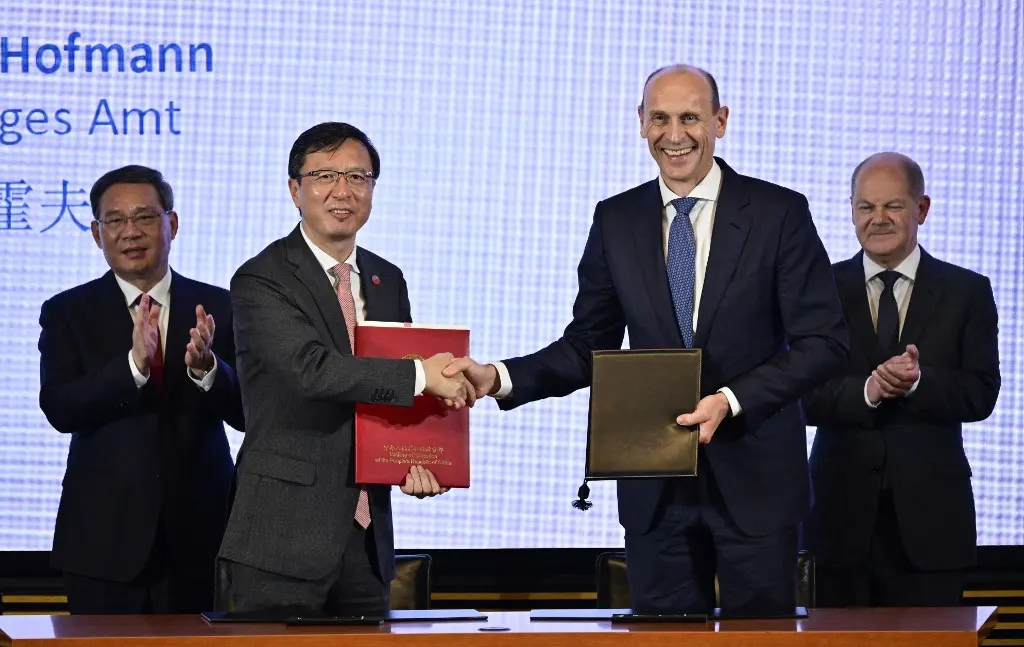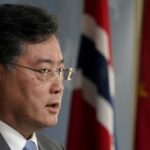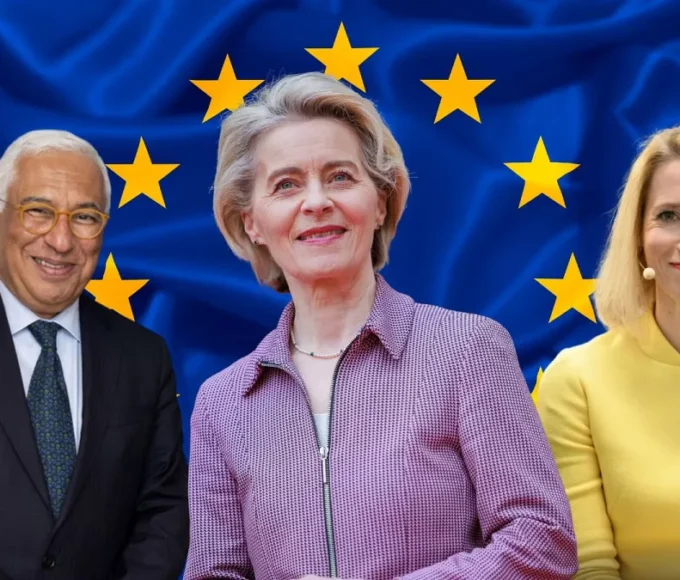Berlin presented this Thursday its new guideline against a “more offensive” China. Objective: to decrease its dependence on Beijing.
Germany unveiled Thursday its new strategic axes facing a “more offensive” China, with the adoption in the Council of Ministers of a document aimed at redefining its relations with Beijing. “Our goal is not to decouple (from Beijing). But we want to reduce critical dependencies going forward,” Scholz tweeted after presenting the new strategy, which he said “responds to a China that has changed and is more aggressive.” “For us, China is and remains a partner, a competitor and a systemic rival,” he said.
Above all, it is a question of warning German companies against too much dependence on the Asian giant. By scanning a wide range of subjects, ranging from climate policy to that of human rights, the German government wants to equip itself with a “compass” in bilateral relations with Beijing. “We are realistic but not naive,” Foreign Minister Annalena Baerbock warned Thursday in a speech at the Mercator Institute for China Studies (Merics) in Berlin.
General concerns about Chinese dependence
This new German strategy comes in a general context of growing concerns in Europe vis-à-vis China, the European Commission having presented three weeks ago a proposal to toughen the instruments of economic security vis-à-vis this country. The Covid crisis in 2020 revealed the fragilities of European supply chains, victims of the closure of borders in China, while the war in Ukraine showed the risk of dependence on Russia for gas supplies. Nevertheless, the large German companies, from the industrialist Siemens to the chemical company BASF, via car manufacturers, cannot deprive themselves of this gigantic market of more than 1.4 billion inhabitants, where they continue to invest massively.
This article is originally published on lematin.ch








